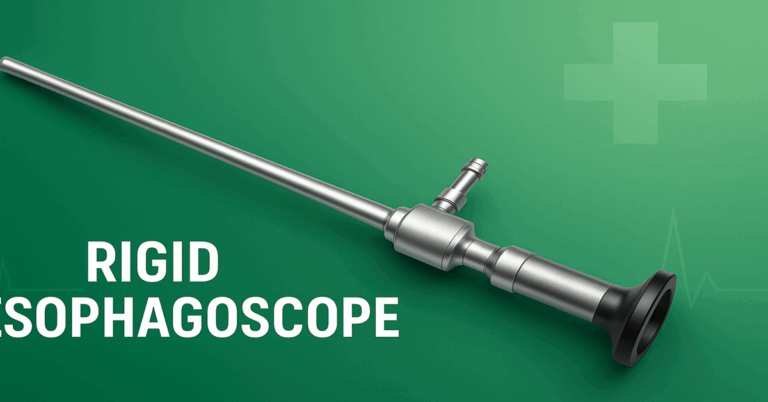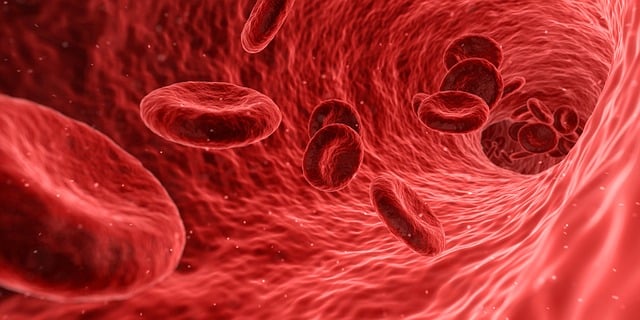The Impact of Technology on Healthcare Coordination
11xplay sign up login password, laser247 com, tiger exchange login:Technology has revolutionized the healthcare industry in recent years, making it easier for healthcare professionals to coordinate care for patients. From electronic health records to telemedicine, technology has had a significant impact on improving healthcare coordination and ultimately patient outcomes. In this article, we will explore the various ways in which technology has transformed healthcare coordination.
Electronic Health Records
One of the most significant advancements in healthcare technology is the adoption of electronic health records (EHRs). EHRs allow healthcare providers to access patient information quickly and securely, facilitating better communication and coordination among different healthcare providers. With EHRs, healthcare professionals can easily track a patient’s medical history, medications, test results, and treatment plans, leading to more efficient and coordinated care.
Telemedicine
Telemedicine has revolutionized the way healthcare is delivered, particularly in remote or underserved areas. Through telemedicine, patients can consult with healthcare providers remotely via video conferencing, phone calls, or secure messaging. This technology allows for better coordination of care between patients, primary care physicians, specialists, and other healthcare providers, leading to improved healthcare outcomes.
Mobile Health Apps
Mobile health apps have become increasingly popular in recent years, enabling patients to monitor their health and communicate with healthcare providers more effectively. These apps allow patients to track their medications, manage chronic conditions, schedule appointments, and even receive virtual consultations with healthcare professionals. By empowering patients to take control of their health, mobile health apps play a vital role in improving healthcare coordination.
Interoperability
Interoperability refers to the ability of different healthcare systems and applications to exchange and use patient information seamlessly. Improved interoperability allows healthcare providers to share patient data securely and efficiently, leading to better coordination of care. With interoperable systems, healthcare professionals can access comprehensive patient records from various sources, enabling them to make informed decisions and provide more personalized care.
Remote Monitoring
Remote monitoring technology enables healthcare providers to monitor patients’ vital signs, symptoms, and health status remotely. This technology is particularly beneficial for patients with chronic conditions or those recovering from surgery, as it allows healthcare providers to track their progress and intervene promptly if necessary. By enabling continuous monitoring and real-time feedback, remote monitoring technology enhances healthcare coordination and ensures patients receive timely and appropriate care.
Artificial Intelligence
Artificial intelligence (AI) has the potential to revolutionize healthcare coordination by analyzing vast amounts of patient data and providing valuable insights to healthcare providers. AI-powered tools can help healthcare professionals diagnose conditions, predict outcomes, and recommend treatment plans based on data-driven algorithms. By harnessing the power of AI, healthcare coordination can be optimized, leading to more efficient care delivery and better patient outcomes.
The Future of Healthcare Coordination
As technology continues to advance, the future of healthcare coordination looks promising. Innovations such as wearable devices, personalized medicine, blockchain technology, and virtual reality are poised to further transform healthcare delivery and coordination. By embracing these technological advancements and integrating them into healthcare systems, providers can enhance coordination, improve patient outcomes, and ultimately revolutionize the way healthcare is delivered.
In conclusion, technology has had a profound impact on healthcare coordination, enabling providers to communicate more effectively, share information seamlessly, and deliver care more efficiently. By leveraging electronic health records, telemedicine, mobile health apps, interoperability, remote monitoring, artificial intelligence, and other technological tools, healthcare professionals can work together to coordinate care and improve patient outcomes. As we look to the future, the possibilities for enhancing healthcare coordination through technology are endless, promising a more connected, efficient, and patient-centered healthcare system.
—
FAQs
Q: How has technology improved healthcare coordination?
A: Technology has improved healthcare coordination by enabling healthcare providers to access patient information quickly, communicate more effectively, share data seamlessly, monitor patients remotely, and leverage AI-powered tools for data analysis and insights.
Q: What are some challenges associated with technology in healthcare coordination?
A: Some challenges associated with technology in healthcare coordination include issues related to data privacy and security, interoperability between different systems, the cost of implementing and maintaining technology solutions, and the need for ongoing training and support for healthcare professionals.
Q: What role does interoperability play in healthcare coordination?
A: Interoperability plays a crucial role in healthcare coordination by enabling different healthcare systems and applications to exchange and use patient information seamlessly. Improved interoperability ensures that healthcare providers can access comprehensive patient records, make informed decisions, and provide more personalized care to patients.







